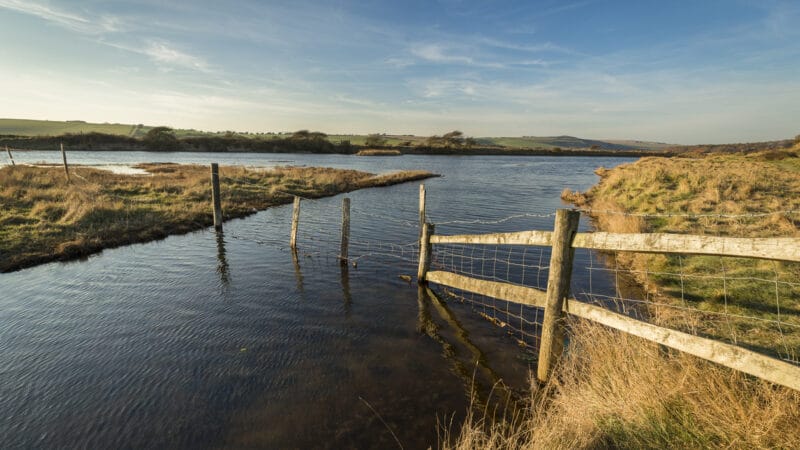A businessman who renovated an old bach in Abel Tasman was hit with a fine of more than $17,000 for illegal building work.
Rice Speir helped Charlotte Spilman and the team at Tasman District Council to achieve the speedy and cost-effective Building Act prosecution.
After early guilty pleas to eight charges involving illegal building work, the semi-retired Christchurch businessman was sentenced to pay a fine of $17,250. Ninety percent of the fine will be paid directly to the council, allowing a full recovery of its legal costs.
“90% of the fine will be paid directly to council, allowing recovery of legal costs.”
In sentencing the defendant, Judge David Ruth said that the defendant knew “full well” what his obligations were and chose to ignore them. He went on to say that “you must be held accountable for what you have done to promote in you a sense of responsibility and to denounce your conduct and deter others from doing it”.
The sentencing, which was reported by Stuff, reinforces a few key messages for our readers:
- Building Act fines are on the rise, which was the Government’s intention when it doubled the maximum penalty in 2013 from $100,000 to $200,000.
- Deterring others from doing illegal building work is a key reason to prosecute.
- If councils don’t prosecute, others won’t be deterred from doing illegal building work and this puts people at risk.
- The media has a role to play in getting the message out to your community.
- If done right, councils can recover the cost of prosecuting in some cases.






